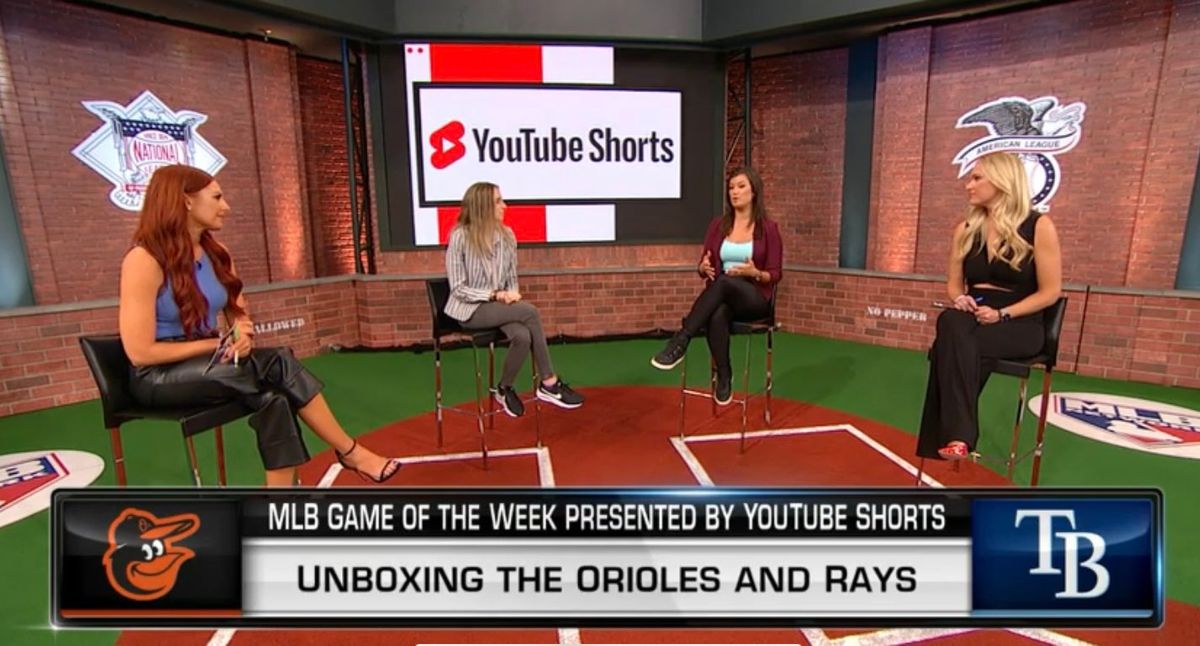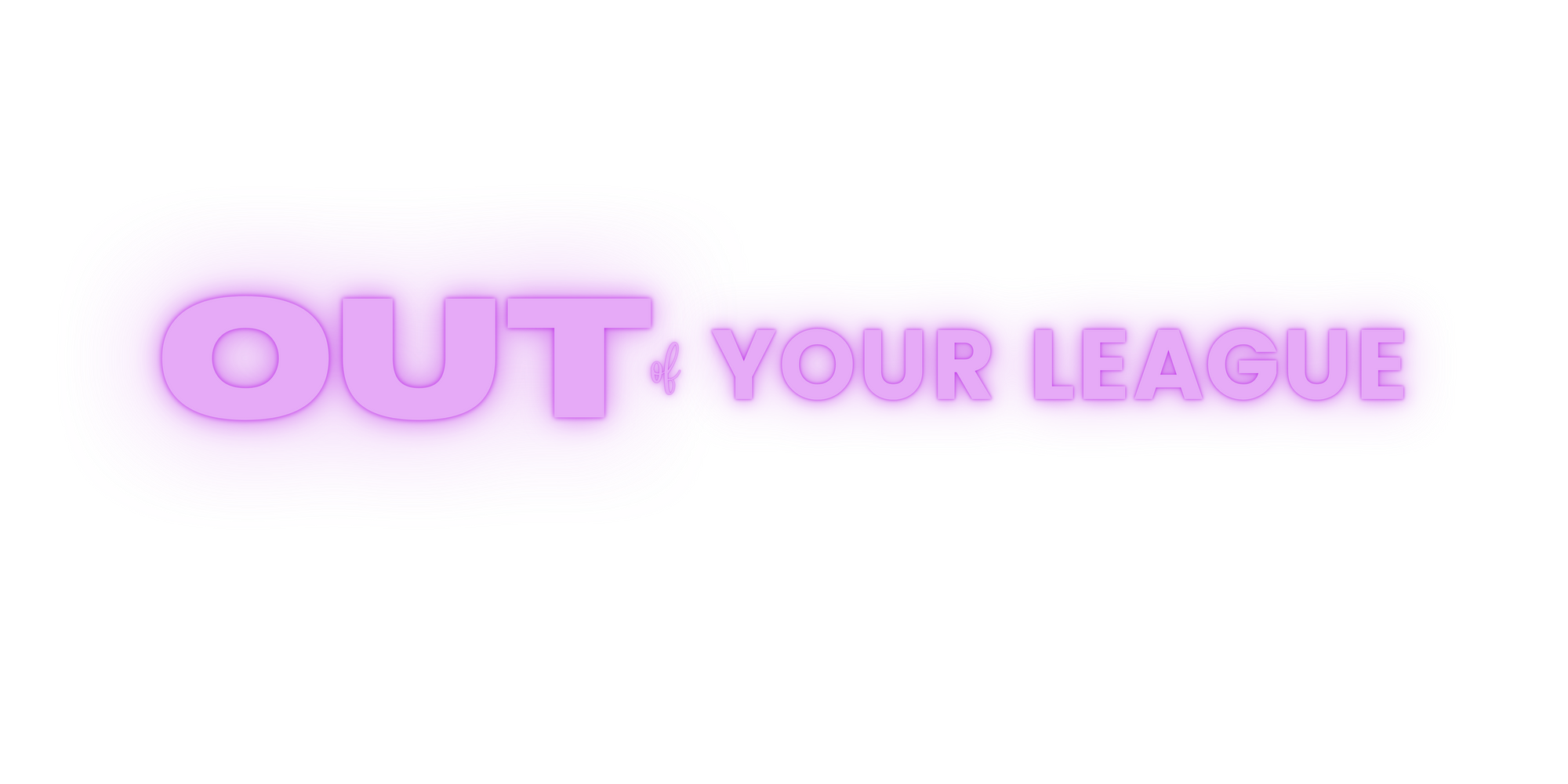progress for whom?

This week, Major League Baseball announced a huge milestone for a sport that has historically, systemically, and intentionally excluded women from all levels of the game: for the first time in history, there would be an all-woman broadcast crew for an MLB game.
This makes them the last men's professional league to jump on the bandwagon of having an all-woman broadcast team (MLB being last here absolutely checks out; it's a sport that's known for being "traditional"). It's absolutely an exciting milestone for the five women involved, but it continues another, larger pattern: the milestone was reserved for white women. Not only that, but the overwhelming conversation and media coverage about this game has failed to really grapple with that fact.
History! The first all-woman broadcast crew to call an MLB game is tonight.
— MLB (@MLB) July 20, 2021
Watch Orioles at Rays in the MLB Game of the Week Live on @YouTube at 7 PM ET here: https://t.co/YqsW3L3Os2 pic.twitter.com/MULE2QUV2O
The broadcast team is composed of Melanie Newman, the Orioles’ radio play-by-play announcer; Sarah Langs, a baseball analyst and writer for MLB.com; and Alanna Rizzo, Heidi Watney, and Lauren Gardner from the MLB Network. The game is streaming for free on YouTube, and was chosen as MLB's Game of the Week.
Last season, the NHL Network aired an all-white woman broadcast for International Women's Day, while the NFL had their all-white woman broadcast in 2018—and required users to literally select a different language on their streaming app in order to hear it. Only the NBA and Major League Soccer had women of color on their broadcast team, and only the NBA's broadcast had more women of color than white women: of the five women who were part of that broadcast team, three were Black while two were white.
It's worth asking, then: this all-woman broadcast is progress, but progress for whom? MLB knows they should be thinking about diversity, both gender diversity and racial diversity. Noah Garden, MLB’s chief revenue officer, told the New York Times that the league's plan is to make all-woman booths a regular feature and to add women of color in the future.
The fact that the league knows enough to mention the lack of women of color in the lineup tells me that they know they're lacking racial diversity; they just don't care. It's just another example of telling women of color that their turn will come later, after the white women have gotten the chance first, had their names written down in the history books as the boundary-breakers.
"We have diversity on this one,” Garden told the Times, referring to Rizzo, who is Cuban-American. It is fantastic that there is a Latina in the broadcasting lineup of this game, but to call this a "diverse" group simply because Rizzo is in it is... not what that word means. It's also not on Rizzo—a white Cuban woman—to have to carry the diversity flag for a five-person crew.
It's true that there are not a lot of women of color working in baseball broadcasting, and that is evidence of a much larger problem of racist discrimination and exclusion. As I wrote when I covered the lack of women in play-by-play in 2018 (a landscape that has changed greatly in the three years since that piece was published), the role of a broadcaster "was created and pioneered by white men, so when audiences turn on a broadcast, they expect to hear the familiar—the sound that was determined by white men."
But that doesn't mean there aren't any women of color who could have been tapped for this game. Kirsten Watson, a reporter for the Dodgers; Renel Brooks Moon, a former radio host and the current PA announcer for the Giants, or Jennifer Mercedes, a host at La Vida Baseball, are all out there. There might even be others.
But progress for some women is not actually progress. By upholding patterns of white supremacy, the same women continue to be systemically excluded from opportunities—something that is true in workplaces across the board. It's why "diversity" cannot just mean "white women."
MLB knew better; their quotes in the newspaper told us as much. Now it's on them to do better, because this just isn't good enough.
